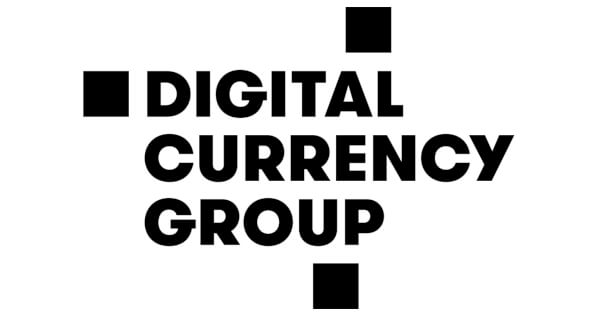DCG Challenges Genesis Capital's Bankruptcy Plan for Overcompensation
Jessie A Ellis Feb 07, 2024 14:31
DCG opposes Genesis Global Capital's bankruptcy plan, citing legal violations and ethical concerns over asset valuation and creditor compensation in the volatile crypto market.

Digital Currency Group (DCG) has expressed strong opposition to the bankruptcy plan proposed by its subsidiary, Genesis Global Capital, arguing that the plan contravenes the Bankruptcy Code by intending to overcompensate customers. DCG's main contention is that Genesis' plan proposes to pay its customers and unsecured creditors significantly more than what they are legally entitled to, specifically criticizing the plan for offering "additional payouts" based on the current value of digital assets like bitcoin and ethereum, which have appreciated in value since Genesis filed for bankruptcy in January 2023.
DCG has made it clear that it supports fully repaying creditors but insists that any repayment should not exceed the value of the crypto assets at the time of the bankruptcy filing. The company emphasizes that the proposed plan unfairly benefits a select group of creditors at the expense of others, including DCG, by offering them additional payouts that reflect the current, higher value of the digital assets rather than their value at the time of filing. This approach, according to DCG, not only violates U.S. bankruptcy laws but also deprives DCG of essential economic and corporate governance rights.
Furthermore, DCG's opposition is rooted in a broader concern over the fair treatment of all creditors and adherence to legal standards within bankruptcy proceedings. The company has filed a motion urging the court not to approve Genesis' plan, arguing that it is unlawful and demonstrates a lack of good faith in the restructuring process.
Genesis has been attempting to navigate its financial difficulties following the crypto market downturn in 2022, which led to its bankruptcy filing in early 2023 with over $3.5 billion owed to its top creditors. The bankruptcy saga has been complicated by legal challenges, including a significant settlement with the U.S. Securities and Exchange Commission (SEC) and ongoing disputes with DCG and Gemini, its former business partner.
This dispute highlights the complex dynamics between parent companies and their subsidiaries in the cryptocurrency sector, especially in the context of bankruptcy and asset valuation. The outcome of this disagreement could set a precedent for how crypto assets are valued and creditors are compensated in bankruptcy cases moving forward.
Image source: Shutterstock